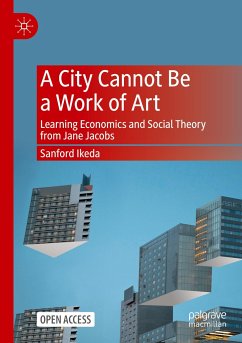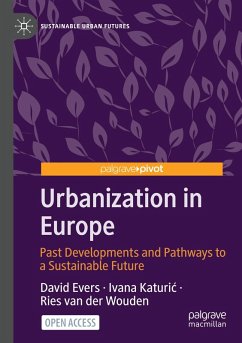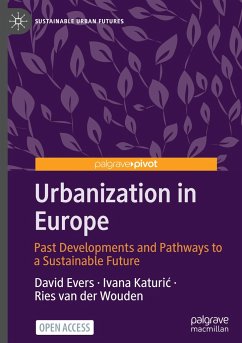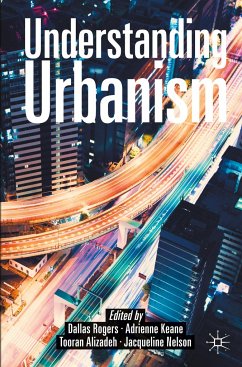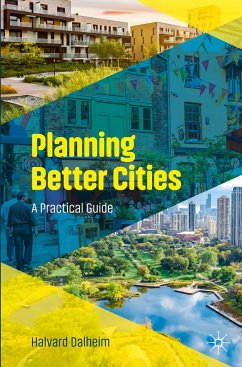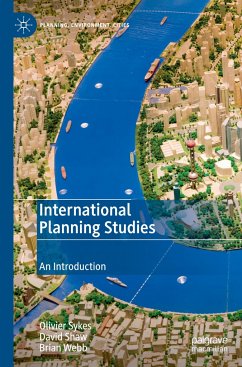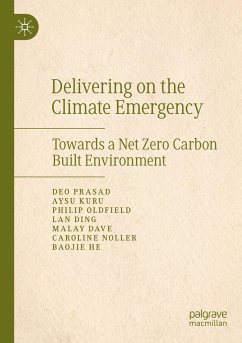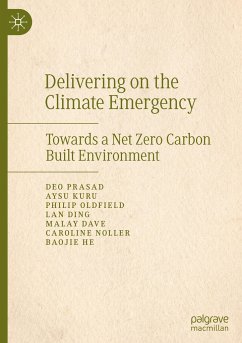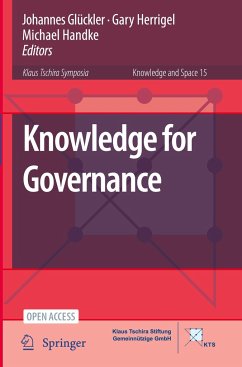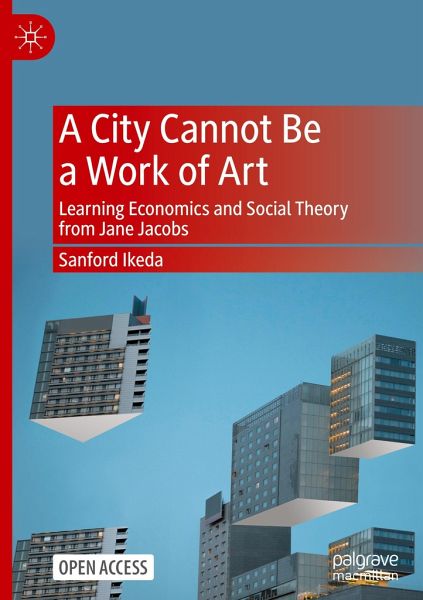
A City Cannot Be a Work of Art
Learning Economics and Social Theory From Jane Jacobs

PAYBACK Punkte
19 °P sammeln!
This open access book connects Jane Jacobs's celebrated urban analysis to her ideas on economics and social theory. While Jacobs is a legend in the field of urbanism and famous for challenging and profoundly influencing urban planning and design, her theoretical contributions - although central to her criticisms of and proposals for public policy - are frequently overlooked even by her most enthusiastic admirers. This book argues that Jacobs's insight that "a city cannot be a work of art" underlies both her ideas on planning and her understanding of economic development and social cooperation....
This open access book connects Jane Jacobs's celebrated urban analysis to her ideas on economics and social theory. While Jacobs is a legend in the field of urbanism and famous for challenging and profoundly influencing urban planning and design, her theoretical contributions - although central to her criticisms of and proposals for public policy - are frequently overlooked even by her most enthusiastic admirers. This book argues that Jacobs's insight that "a city cannot be a work of art" underlies both her ideas on planning and her understanding of economic development and social cooperation. It shows how the theory of the market process and Jacobs's theory of urban processes are useful complements - an example of what economists and urbanists can learn from each other. This Jacobs-cum-market-process perspective offers new theoretical, historical, and policy analyses of cities, more realistic and coherent than standard accounts by either economists or urbanists.



